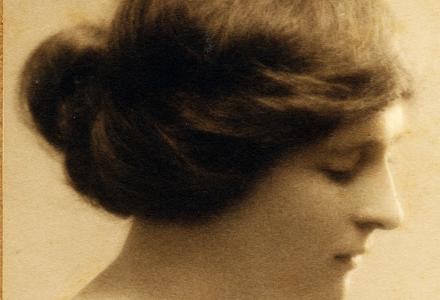Jim Soorley fought with the 34th Battalion and was badly wounded at the Battle of Messines. Hit by a shell, doctors amputated part of his arm at the Casualty Clearing Station. Weeks later, in an English hospital, medical staff operated again. This time they cut further up the limb.
Soorley returned to Horseshoe Bend, West Maitland in February 1918. But he was not the young man who went to war. Crippled and lost, he felt he had no future.
The morning of 18 September 1918, Jim Soorley was discovered dead in bed, his left hand still clasped around his revolver. The Catholic Bishop of Maitland refused permission for a suicide to be buried in consecrated ground. Members of the West Maitland Returned Soldiers’ Association were outraged.
The community of West Maitland rallied in honour of Soorley. His funeral cortege included returned soldiers, a cadet band, the West Maitland Water Brigade, the Mayor, and the president of the district’s patriotic fund. Crowds gathered by the roadside to honour a fallen soldier.
Eventually, the Coroner pronounced a verdict of suicide ‘whilst in a temporary state of insanity’. It was clear to all that Soorley had suffered shell shock as well as horrific injury. Given the inquest’s findings, the Bishop of Maitland reversed his earlier decision. Jim Soorley’s remains were exhumed and reburied in Maitland’s consecrated earth.
The Soorley story is an illustration of how the community supported veterans when even the church failed them. It also shows how difficult it is to distinguish physical from mental and emotional injury, the loss of a limb likened by many to a loss of manhood.



